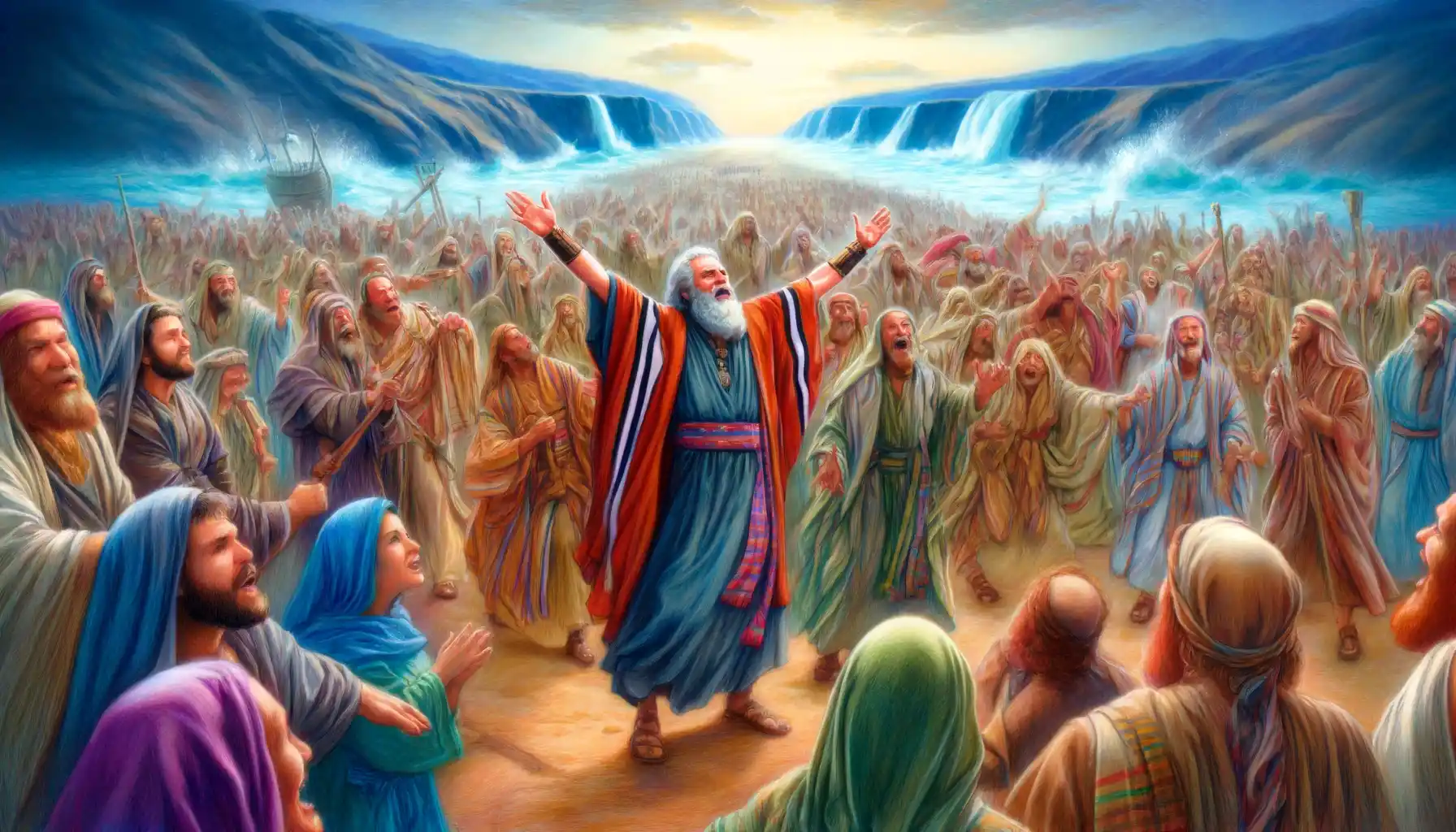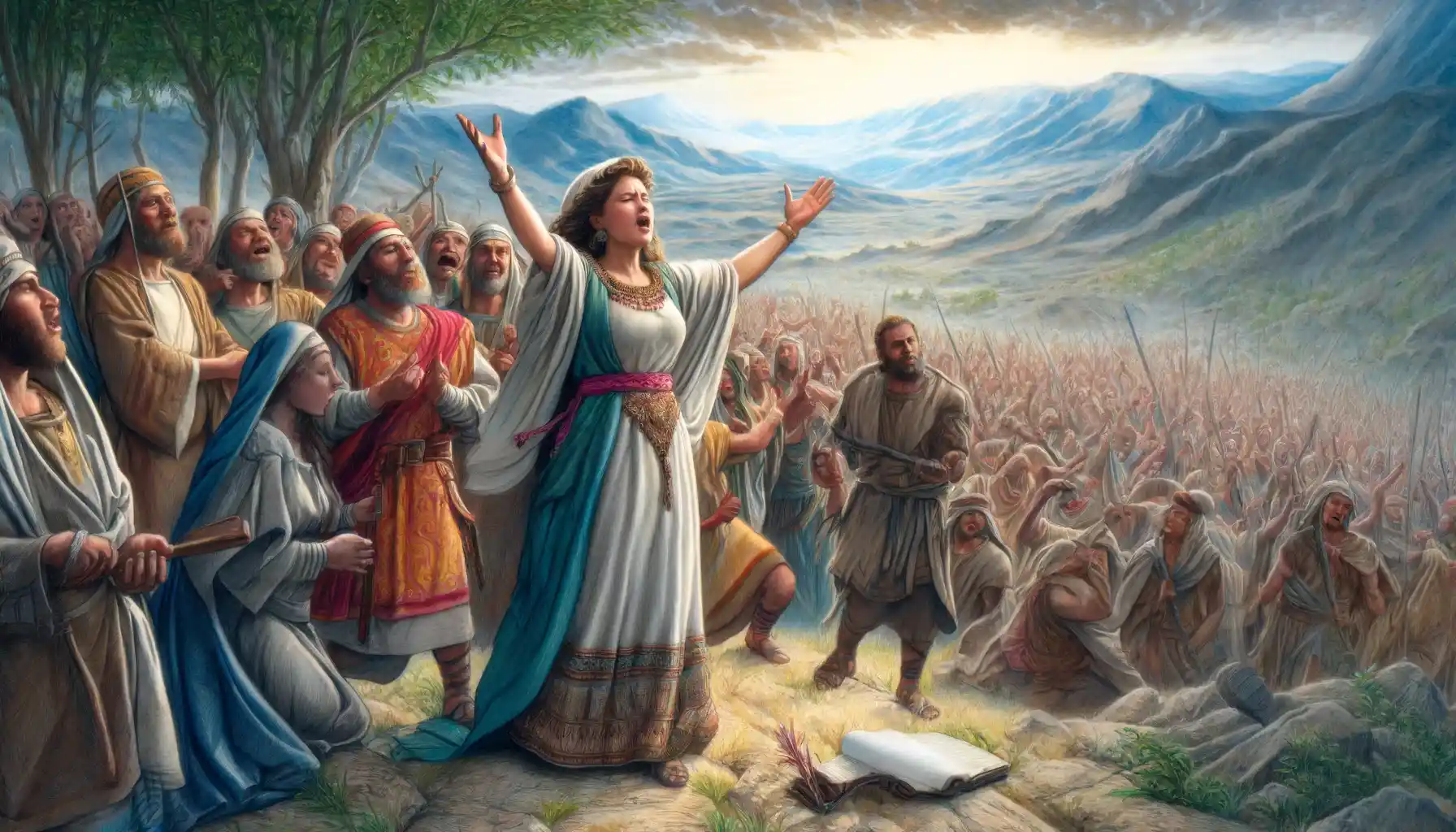“The Song of Moses,” celebrated in Exodus 15:1-18, is more than a historical recount; it is a theological affirmation of faith in the God who saves and protects, serving as a powerful reminder of the Israelites’ collective identity, formed and sustained by divine acts of salvation, and its enduring presence in religious liturgy underscores its importance as a source of spiritual inspiration and as a doctrinal cornerstone in understanding the nature of God as both protector and liberator.
“The Song of Deborah” serves multiple functions: it is a record of historical events, a theological commentary, a piece of poetic art, and a moral exhortation, encapsulating the interplay between human agency and divine will, and highlighting the complexities of faith, leadership, and community in ancient Israel.


